My plays are made up of long monologues, which is similar to prose working with the language
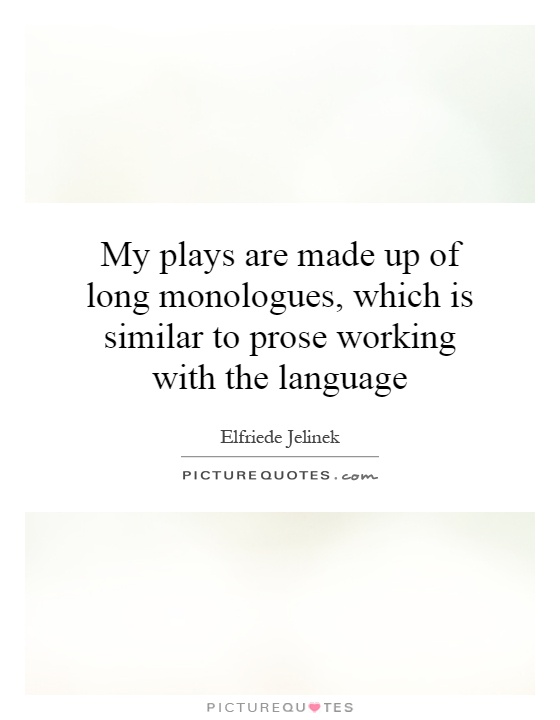
My plays are made up of long monologues, which is similar to prose working with the language
Elfriede Jelinek, the Austrian playwright and novelist, is known for her unique and provocative style of writing. Her plays are often characterized by long monologues, which can be seen as similar to prose working with the language. Jelinek's use of monologues in her plays serves to create a sense of intimacy and intensity, allowing her characters to express their innermost thoughts and emotions in a raw and unfiltered manner.In Jelinek's plays, the use of long monologues allows her characters to delve deep into their psyche, revealing their fears, desires, and insecurities. This intense introspection adds layers of complexity to the characters, making them more relatable and human. By using monologues, Jelinek is able to explore the inner workings of her characters' minds, giving the audience a glimpse into their innermost thoughts and feelings.
Furthermore, Jelinek's use of monologues in her plays can be seen as a form of prose working with the language. The language in Jelinek's plays is often dense and poetic, with intricate wordplay and complex syntax. The use of monologues allows Jelinek to fully explore the nuances of language, playing with words and phrases to create a rich and evocative tapestry of language.
Moreover, Jelinek's use of monologues in her plays can also be seen as a form of resistance against traditional theatrical conventions. By eschewing dialogue in favor of monologues, Jelinek challenges the notion of communication in theater, pushing the boundaries of what is considered acceptable in the medium. This subversion of traditional theatrical norms is a hallmark of Jelinek's work, as she seeks to disrupt and challenge the status quo in both form and content.
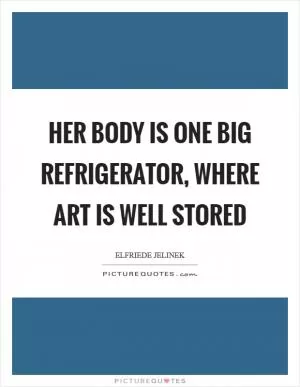

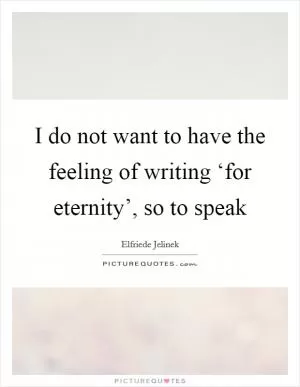

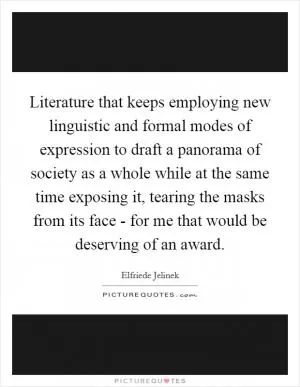






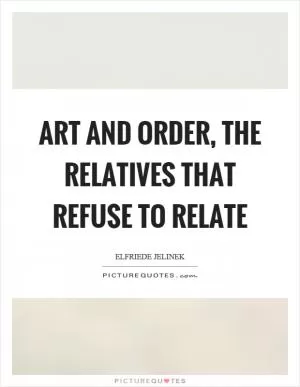
 Friendship Quotes
Friendship Quotes Love Quotes
Love Quotes Life Quotes
Life Quotes Funny Quotes
Funny Quotes Motivational Quotes
Motivational Quotes Inspirational Quotes
Inspirational Quotes